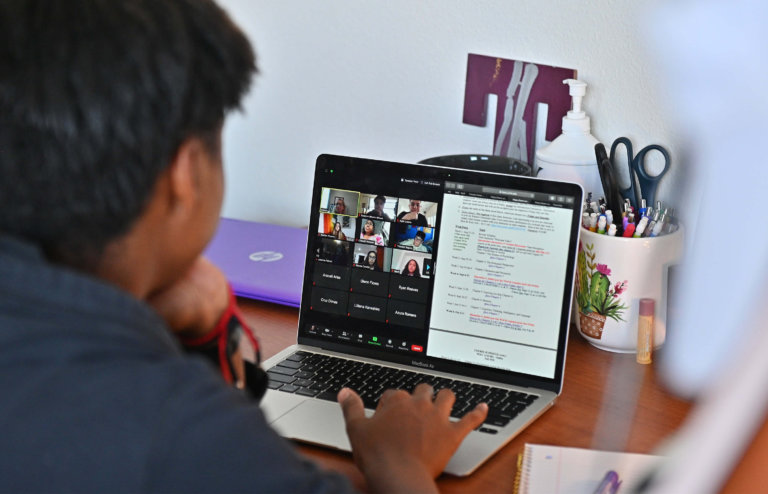
The current COVID-19 crisis forced the world to go virtual early this year. Executives closed deals online. Travellers went on VR tours of museums. Students took pop quizzes on platforms such as Zoom. What about internships? Many innovative organisations are offering virtual internships, while some are still adapting to the new normal.
Virtual internships are a way of getting work experience with an employer but facilitated remotely rather than in person. Health and safety is a global concern but so is progression which is why these virtual and experiential offerings have become the new requisite. Insights from the Ivy Research Council show that 89% of students pursuing a 2020 summer internship would prefer a virtual internship over a cancelled one.
First things first, it’s important to know what you will be up against. From how tasks will be assigned and tracked, to how you will be collaborating with your peers and employer, these are crucial things to note before the first day of your virtual internship.
Tech giants such as Microsoft and Google have already set the right kinds of technology and infrastructure in place to deliver their work experience programmes, designed to mirror what life would be like working in the office. On the other hand, companies such as KPMG, Linklaters and CitiBank have partnered with InsideSherpa to create module-based virtual internships. These programmes require students to submit a series of tasks via an online platform.
There are more to note apart from these differences before you start interning from the comfort of your bed or sofa. Keep the following in mind:
What will you need?
Good and stable wifi. These internships are inclusive, open to anyone and everyone — but you’ll want to avoid annoying your supervisor with choppy connection.
Will you get paid?
Short, module-based programmes are usually unpaid. Start-ups, NGOs, and charities are less likely to be able to afford virtual interns. Larger companies running longer virtual internships usually offer some form of financial contribution.
For example, Deloitte gave their candidates a 500 pounds goodwill payment for their four-week virtual programme. Universities are known to hand out bursaries for virtual internships as well. The University of Birmingham offers 1,000 pounds for its two-month remote internship programme.
What do virtual internships entail?
Virtual interns work alongside full-time employees on real projects that are of value to the business. The best programmes are well-structured, educational, impactful and highly-relevant. You can expect comprehensive induction training, regular check-ins with managers, model examples of work for comparison, constructive feedback, a dedicated mentor or work buddy to support you, and access to key workshops that will help you to acquire even more knowledge.
Which industries are offering virtual internships?
An upside to the worldwide pandemic is that working from home has now proven to be effective for multiple sectors. This proof means virtual careers are no longer just found in the tech or digital marketing industries. Sectors such as banking, law, engineering, fashion, even medicine and more have made it a priority to adapt to the new normal and put the safety of its employees first by moving operations online. Employers that have switched to virtual internships include Amazon, Bloomberg, Clifford Chance, Hogan Lovells International LLP, IBM, Lloyd’s, Macquarie Group, Marsh & McLennan, Schroders and Sky.
Are virtual internships worth it?
The short answer would be yes. Virtual internships are highly flexible and commonly self-paced which will keep you in control of your schedule, fitting in other commitments as and when you have it. Another perk is that all you will probably only have to spend on coffee and snacks, because there is no commute. Furthermore, as internships are usually short, you could fit multiple programmes into your schedule before you graduate, meaning you will gain exposure in a variety of sectors in a short amount of time. The best part is that all your efforts will be reflected on your CV, boosting your chances of coming across to employers as a stand out candidate.









